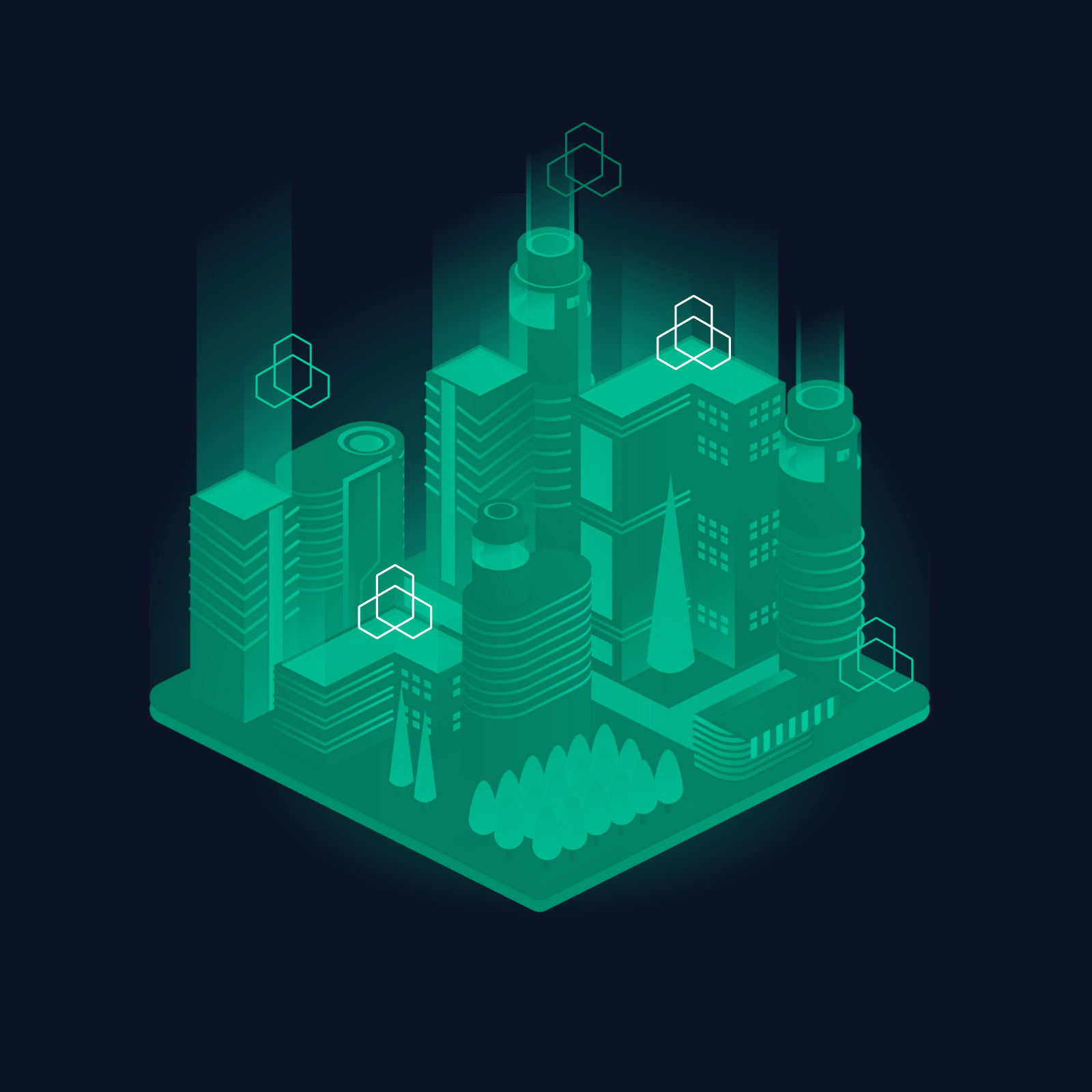
Project goals
The Fab City concept provides a promising pathway towards a more resilient and ecological mode of production and consumption. Globally connected cities and regions share data, information and know-how and collaborate on the development of physical goods in the form of Open Source Hardware, whereas the creation, repair and recycling of those physical goods and artifacts happens in the local sphere close to the place of need and by means of digital production technologies, e.g. freely accessible in Fab Labs.
While the global movement around Fab Cities, Fab Labs and the maker scene is growing, there is a digital infrastructure missing enabling a data-based circular economy on both the global and local sphere.
The goal of the INTERFACER project is to build this open-source digital infrastructure in the form of a federated network. Along the concept of commons-based peer production and throughout the product life cycle, the so-called Fab City OS (OS = Operating System) shall enable cities and regions to bundle, systematize and share data, information and knowledge generated in global knowledge networks and communities of practice in order to produce physical artifacts locally in a decentralized, green and resilient manner.
Fab City OS helps cities and regions to set up and run a decentralized local value creation system by matching local demand for physical artifacts represented in a store that features globally sourced designs with local production capacities (e.g. SMEs or Fab Labs) and other services (e.g. repair, adaption). It furthermore enables tracking and tracing of physical resources and thus material flows on the local level by means of digital product passport functionalities (DPP) and provides production resource planning capabilities with IoT (Internet of Things) applications in the local area.
Fab City OS connects hardware designers and producers and provides economic incentives for collaboration on a global scale. Based on distributed ledger technologies (DLTs) and a git-based versioning system of hardware design documentation, inventors and contributors may benefit financially any time physical artifacts based on this documentation will be sold in a Fab City. Any contribution and enhancement will be tracked and value that is captured be distributed among the people involved in the design process. Fab City OS empowers citizens to participate in value creation and sustainably consume by giving them full access to the documentation and thus control over the products they may buy, build, adapt, use or repair.
In the EU EFRE-funded project INTERFACER, four partners teamed up to develop, test, publish and run the Fab City OS and collaborate on related issues, e.g. promoting circular design or improving the Open Source Hardware tool chain. Existing open source solutions and software applications will be further developed and systematically integrated. The focus is on the identification, definition and design of interfaces between systems, networks and physical artifacts, from which the project title INTERFACER is derived. Helmut-Schmidt-University leads the consortium with a research-driven approach and strong focus on value co-creation, bottom-up economics and open source hardware. Fab City Hamburg e. V. is the perfect use case and thus partner to develop the user interfaces and create a unique user experience. Dyne.org foundation has a great track record on building open source software in Europe for decades which greatly benefits the project. Finally, HIWW provides expertise to the consortium in the field of innovation and knowledge management.
Vision
Our vision is to promote a green, resilient, and digitally-based mode of production and consumption that enables the greatest possible sovereignty, empowerment and participation of citizens all over the world.
We want to help Fab Cities to produce everything they consume by 2054 on the basis of collaboratively developed and globally shared data in the commons.
Mission
The need to reorganize globalized value creation and production systems and to establish sustainable and synergetic production processes worldwide is the starting point for the INTERFACER project. The goal is the development, initial application and distribution of an open source software system called Fab City OS (OS = Operating System) which can be implemented as a software stack along the value chain at the respective entities of the global network, e.g. Fab Cities, Fab Labs to build up and run a local and yet globally connected value creation system.
Key Principles
We strongly believe in the power of Open Source and thus apply corresponding licensing regimes to all of our software and hardware developments and applications. As a result, a digital commons is created - a public, non-exclusive good. Another key concept is federation in the sense that we build a digital infrastructure that can be hosted individually and independently by a Fab City while being able to connect and exchange data with other Fab Cities. Finally, we make use of distributed ledger technologies (DLTs) and crypto functions to enable secure transactions among the network.
INTERFACER ARCHIVE
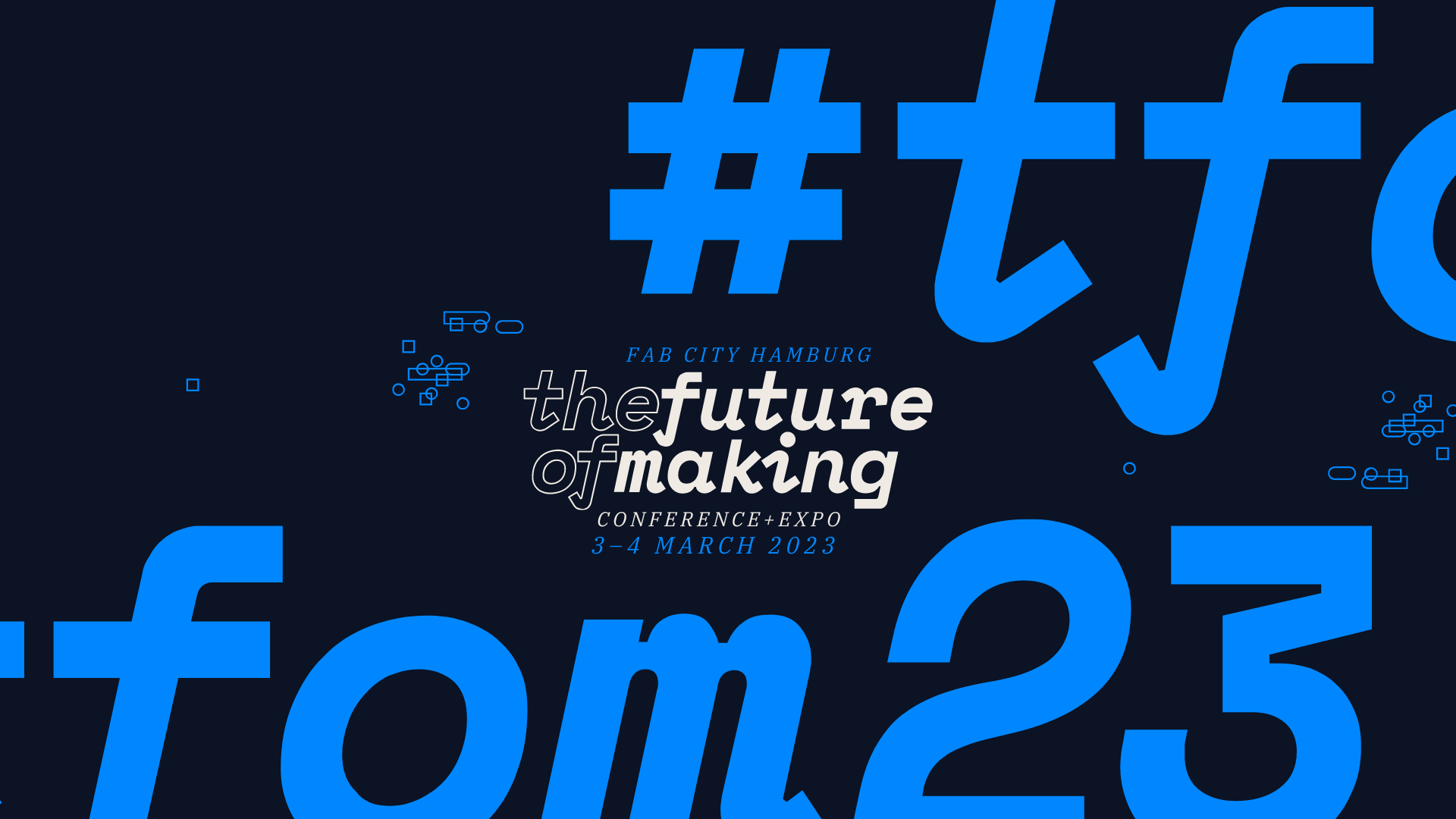
CONFERENCE + EXPO 2023
the future of making
That was the #tfom23 in Hamburg! Talks, Workshops and Exhibitions on local circular and globally connected cities.
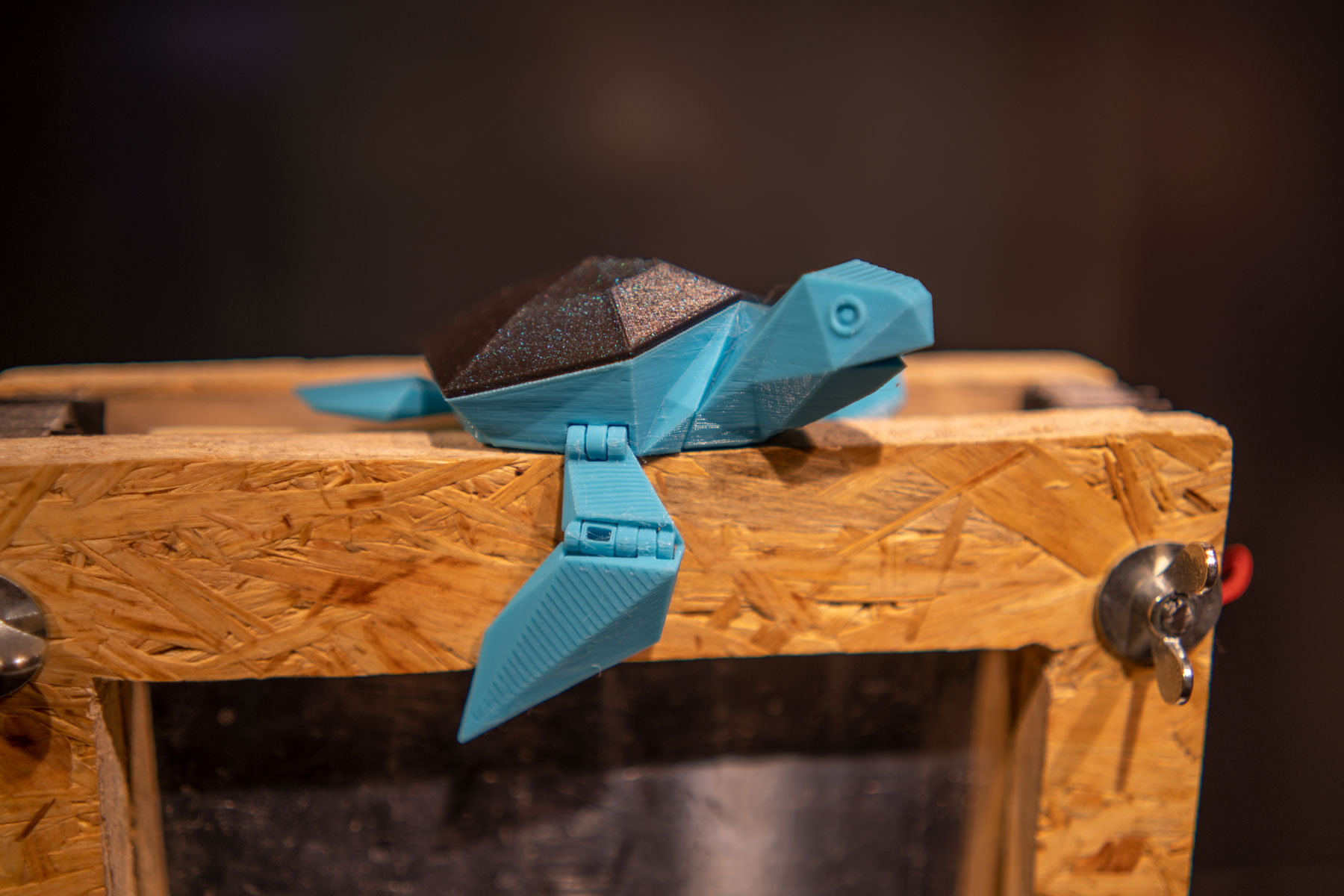
the future of making
EXPO
The exhibition offers a compilation 30 exhibits from three series featuring Hamburg citizens, makers, scientists, innovators, pupils & students together with local artisans and FabLabs.
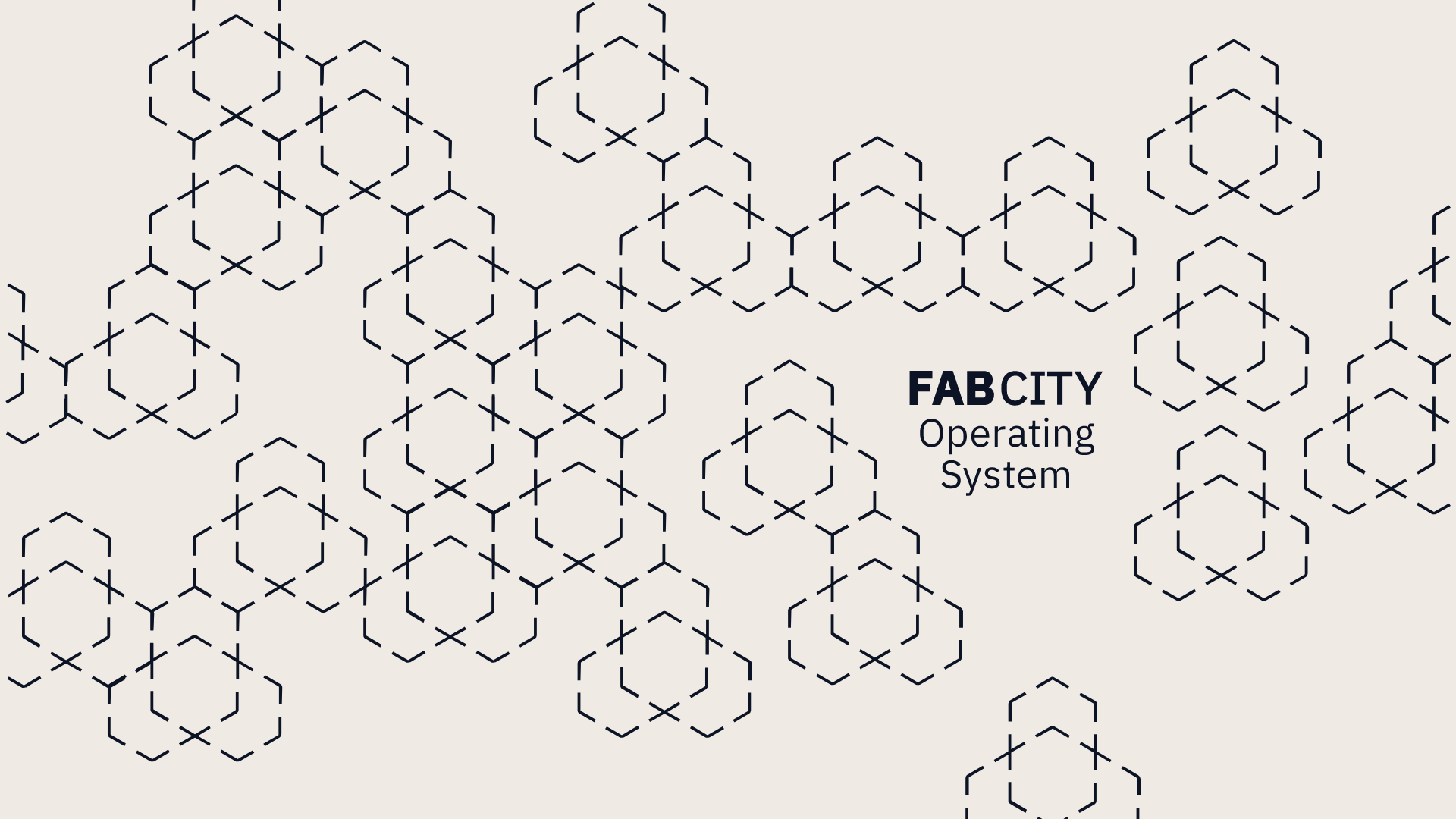
Digital Infrastructure
Fab City OS
Join the innovative federated open source platform to share and collaborate on Open Source Hardware projects.
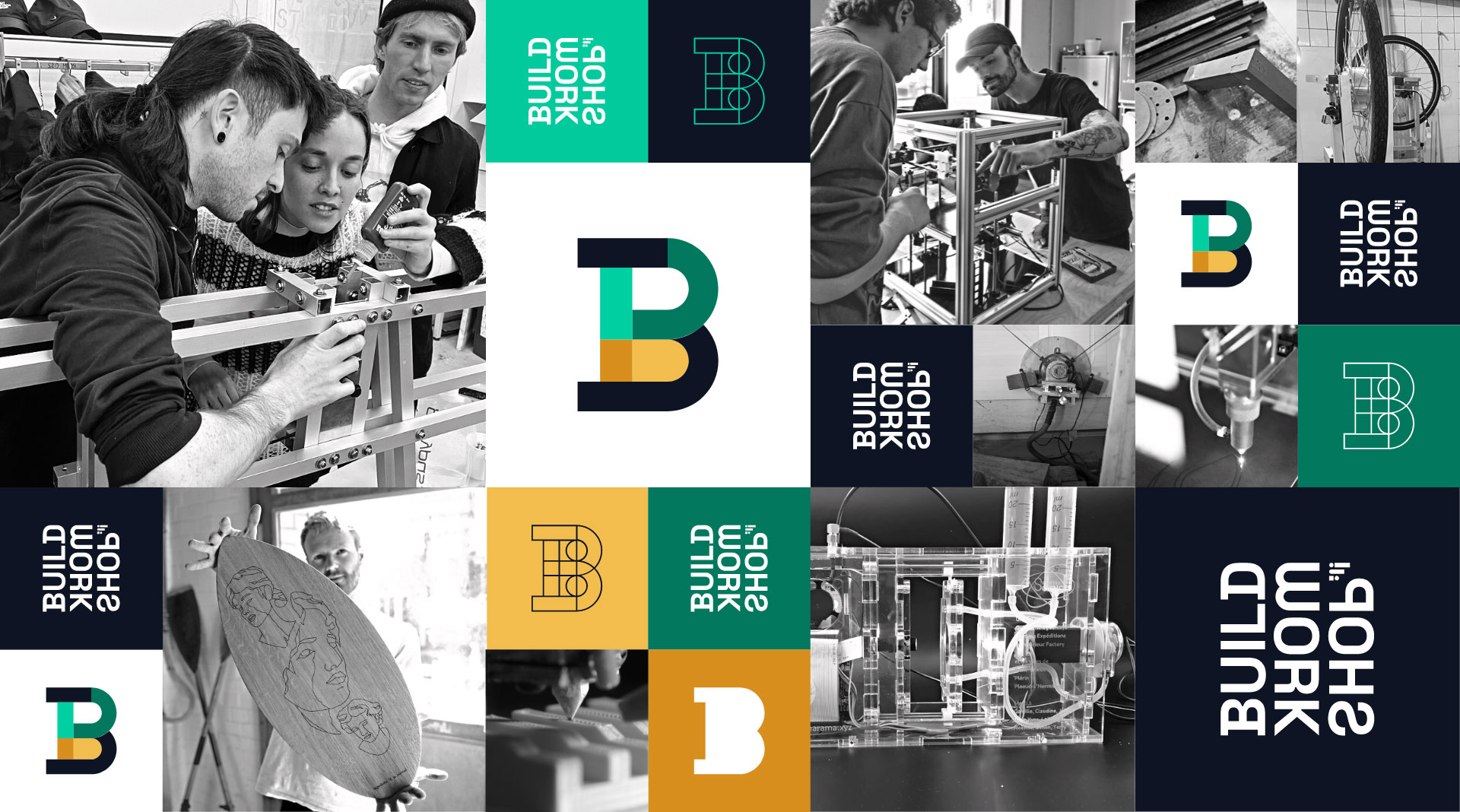
EVENT
Build Workshops
Die kostenfreie Workshop-Serie für Hamburger Maker

IF Project Outcome
The Open Source Hardware Ecosystem
Create a software ecosystem for Open Source Hardware.
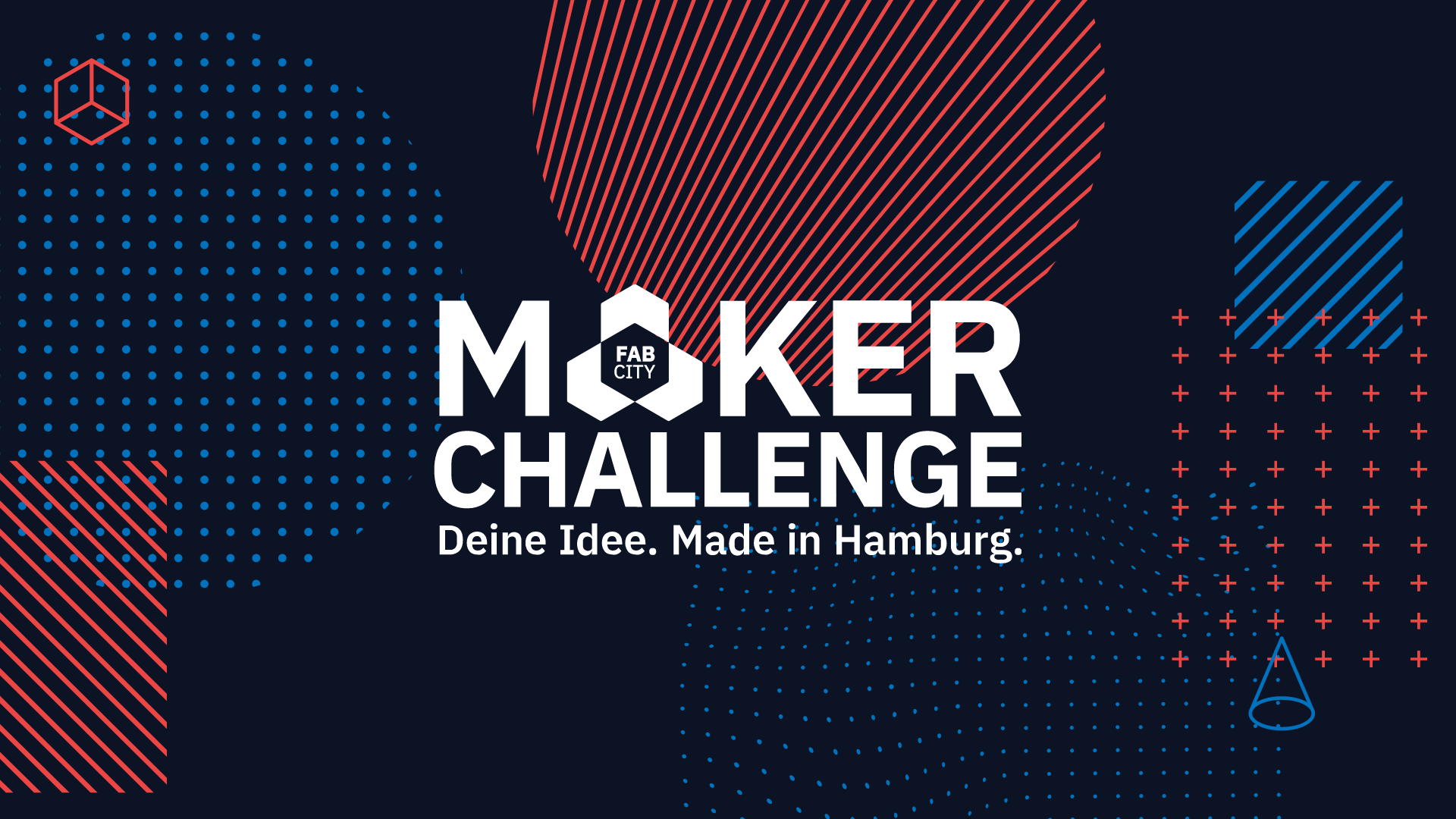
Idea Competition
Fab City Maker Challenge Hamburg
Your Idea. Made in Hamburg.
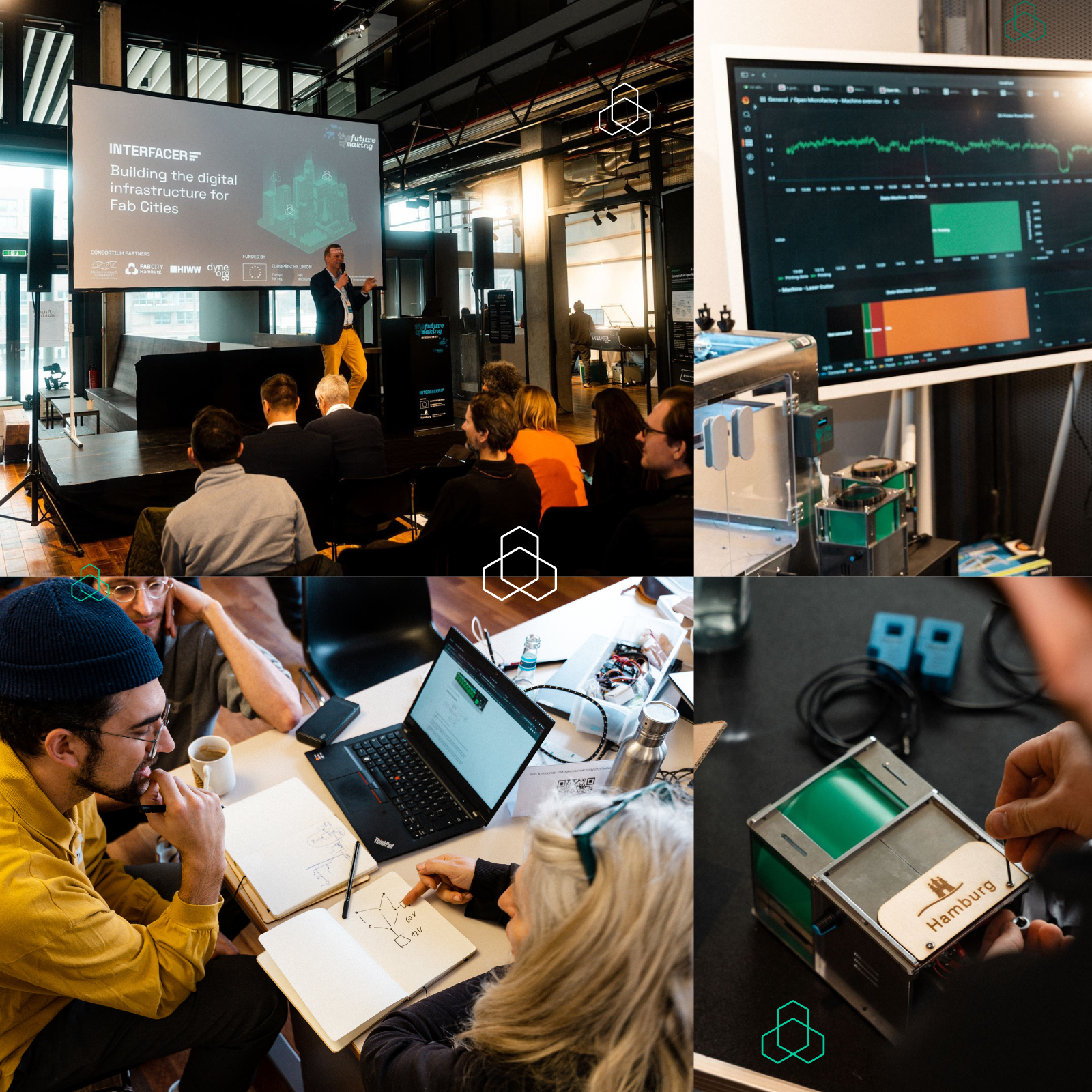
Research & Development
While the development of Fab City OS is at the heart of the INTERFACER project, we also engage in related issues that can make an impact on the dissemination of Open Source (Hardware) and circular economy practices. Below, we will introduce a selection of projects we worked on.
The Fab City Software Suite enables Fab Cities to build a community and share knowledge within their city and with others. It comprises a set of open source software components bundled and packed to be installed on a local instance by a Fab City with features that enable local community building, communication and collaboration. Read more here or have a direct look at FCOS Suite on Gitlab.
Fab City OS Core is a central component of the digital infrastructure of a Fab City and can be easily installed and used by users as part of the Fab City Software Kit. It enables the efficient production and marketing of Open Source Hardware at all levels of the value chain of distributed production. The technological basis is Reflow OS majorly developed by dyne.org in a EU-funded project which enables modeling of economic exchanges to promote trustworthy circularity at a generic level. We focus this featureset on workflows related to Open Source Hardware and production workflows. Part of this backbone is also a Digital Product Passport (DPP) with two dimensions, namely to track and trace material and design flows. Fab City OS will allow designers to exchange and contribute to each other’s designs and bring manufacturing and design closer together with a set of suitable user interfaces. The software development will also be accompanied by a policy and user research process resulting in an economic framework. Read the full article here or visit the follow-up website via dyne.org.
Key to a seamless workflow from digital files to physical artifacts is a fully functional open source tool chain from hardware design and development over engineering to production. We address current shortcomings in this realm by developing a software prototype to automate the documentation process of an Open Source Hardware Project which has the potential to leapfrog collaborative development. Besides, we will develop a set of OS tools for project management of hardware projects and build a foundation that promotes the development of Open Source Software for Open Source Hardware development. Read more about the Open Source Hardware Ecosystem here.
With different formats and approaches, we reach out to potential users, facilitators and stakeholders both on the local level within Fab City Hamburg as well as in the global context via the Fab City Foundation to raise awareness on the project, to gather expert insights and to build up user and expert communities. Together with these communities, we want to elaborate circular design principles and innovation best practices that are appropriate to spark inventive behavior among citizens globally and thus foster the dissemination and adoption of Fab City OS. More about Circular Design Principles can be read here.
Outputs
Here you find a selection of the INTERFACER project results and outcomes.
Digital Product Passport
The DPP comprises two dimensions: Tracking and tracing of material and (design) data flows. More about the DPP implementation for Open Source Hardware here.
Fab City OS Core
A digital infrastructure upon which an economy of Fab Cities and Regions will unfold. For more information, please read the blog article or visit the follow-up website via dyne.org.
Fab City OS Suite
Find all the digital tools you need to set up and run a Fab City in one kit to be installed on your local server. More about Fab City OS Suite and repository links here.
Fab City Index
Testing and reviewing a method to evaluate and monitor the circularity status of a Fab City. Read the full article here.
Green Paper
In collaboration with city administrators and policy makers, we elaborate a technological and economic framework for Fab City OS. Read the paper here.
Open Toolchain Foundation
Promoting and supporting the advancement of open source software needed to develop open source hardware. Visit the foundation website.
OS Hardware Manufacturing
Building an innovation community for local produced prototypes and products. Read more here.
Fab City Micro Factory
Conceptualizing and testing how local manufacturing can be realized in a highly modular and flexible microfactory. Read more here.
Maker Challenge
Your Idea. Made in Hamburg. The idea competition aimed for social, sustainable or innovative products that could be manufactured locally in the Fab City Hamburg. Read more here.
Build Workshops
Building for all. A three-month workshop series with more than 50 workshops and over 220 prototypes. Read more here.
FabAccess
FabAccess provides a resource access control system, enabling e.g. Fab Labs to deny or allow access to the machines and tools in the labs only to authorized persons. Find full documentation on Gitlab.
Project repositories
All INTERFACER project outcomes are fully documented via Git Respositories.
COMMUNITY
We regard ourselves as part of a global community of like-minded people with the same mission. Learn here about our network of partners and related projects.
- Partner Network
- Related Projects
Fab City Global Initiative
is a global initiative for productive, resilient, open cities. A collective of civic leaders, makers, urbanists and innovators working on shifting the industrial urban paradigm to one that better supports life on Earth. FCGI
Laboratory of Production Engineering
The Laboratory of Production Engineering (LaFT) is part of the Faculty of Mechanical Engineering at Helmut Schmidt University (HSU), University of the Federal Armed Forces Hamburg. In close cooperation with research and industrial partners, basic principles, innovative approaches and methods are researched and developed within the four areas of microproduction, robotics and automation, value creation systems and new technologies and materials. LaFT
NEW PRODUCTION INSTITUTE
As a think tank for the future of value creation and production, the experts of the New Production Institute (NPI) are involved in various projects dealing with the change of value creation systems against the background of new possibilities of networking and production in times of digital transformation. NPI
Open Source Ecology Germany e.V.
develops technologies to build a local economy, from tractors to wind turbines to cars, continuously improving them according to sustainable core values such as reproducibility, modularity, suitability for self-build and ecological design, and making the results available to everyone in open source. OSEG
Verbund offener Werkstätten
is an association of open workshops that wants to encourage DIY and show how important and necessary third places are for local economies and learning. In doing so, they critically engage with processes, materials and technologies. VoW
dtec.bw
is a scientific centre supported by universities of the Bundeswehr and part of the Federal Government’s economic stimulus programme to overcome the COVID 19 crisis. The funds are used to finance research projects and projects for knowledge and technology transfer (in particular to promote start-ups). dtec.bw
CENTRINNO
is a research project focused on industrial historical sites undergoing transformation. Leveraging the potential of underutilized historic spaces to become creative production and manufacturing hubs, the project envisions sustainable and inclusive futures for the city and its residents. Centrinno
Fab City Foundation
The Fab City Foundation supports the global initiative through the development of projects and educational programs that are focused on building the capacity of cities and their communities. Based in e-Estonia, the Foundation is location independent and supports distributed programs and projects the world over. FCF
REFLOW
The REFLOW Project aims to develop circular and regenerative cities through enabling active citizen involvement and systemic change to re-think the current approach to material flows in cities. The project utilizes Fab Labs and maker spaces as catalysts for change in urban and peri-urban environments. Reflow
FOLLOW UP
Stay in contact via the Fab City Hamburg Newsletter